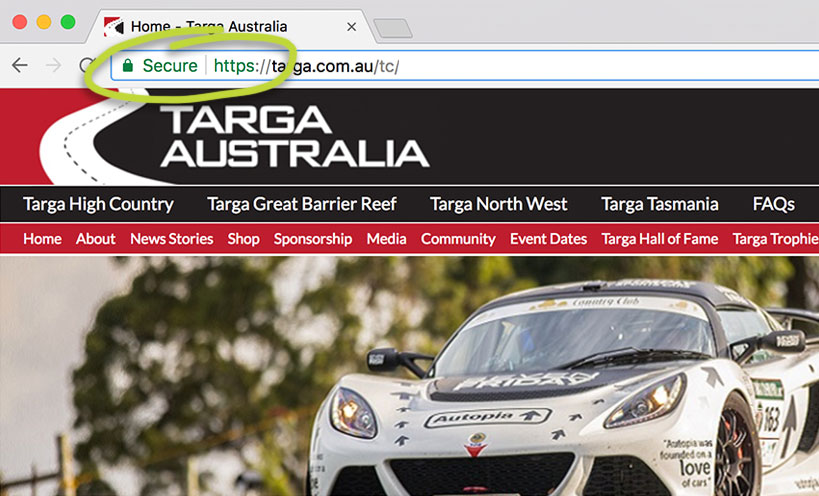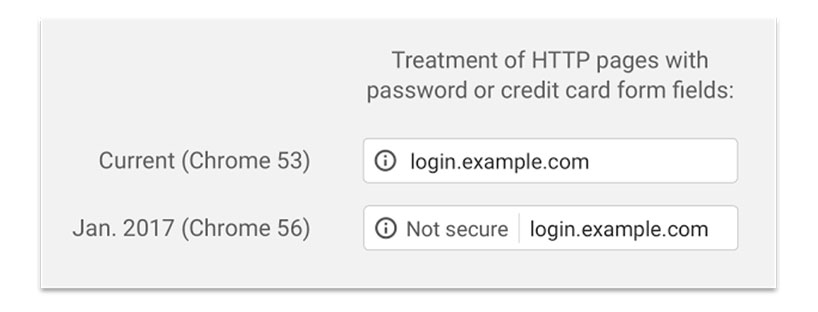Insights

What is SSL and why you should use it for your website?
SSL may sound familiar to many people but they might not necessarily know what it does exactly. Many large and popular websites already have SSL, even though you may not know it. Look at the navigation bar in your browser, whenever you notice a padlock, this means any data you transmit to the website will be secure.
HTTPS / SSL is definitely becoming the norm. Google has a campaign called “HTTPS Everywhere” that they are trying to secure the web with.
What is HTTPS / SSL
Hyper Text Transfer Protocol Secure (HTTPS) is the secure version of HTTP, the protocol over which data is sent between your browser and the website that you are connected to. The 'S' at the end of HTTPS stands for 'Secure'.
SSL (Secure Sockets Layer) is the standard security technology used for establishing an encrypted link between a web server and a browser. This link ensures that all data passed between the web server and browsers remain private and integral.
Why you should switch to SSL
Essentially the “S” is an internet security measure and a way to keep your site and any sensitive information, like customer payment details or account login information or form submissions secure.
Security
In order to view a page on a website, your browser sends a request to a web server that includes the page address you want to see and a bunch of other data. That other data may include information about your browser settings but can also include any information you enter in a ecommerce checkout form for example. These requests, and responses from the server are readable as plain English without encryption. So anyone who views the request can read what you have sent or what you receive. When the data is encrypted, anyone who views the exchange sees nothing but jumbled data, unable to read or understand the information.
If you have a website, especially one with e-commerce, SSL is a must – no if’s, and’s, or but’s! Not only does it keep your customer’s information safe, but also keeps their mind at ease because it provides secure authentication. You need to make sure whatever you are sending over the internet is going to the right server.
Starting in 2017, Google will begin labelling any websites that do not have SSL as “Not secure.”

Search engine ranking
Google has said that the use of SSL on a website is a ranking factor. They want all websites to use SSL. We have seen in several cases, including this website, where the positive ranking impact can be as much as 4 or 5 ranking positions.
Google says this gives websites a small ranking benefit, only counting as a “very lightweight signal” within the overall ranking algorithm. In fact, Google said this carries “less weight than other signals such as high-quality content.” Based on their tests, Google says it has an impact on “fewer than 1% of global queries” but said they “may decide to strengthen” the signal because they want to “encourage all website owners to switch from HTTP to HTTPS to keep everyone safe on the web.”
Branding
Securing your website with SSL adds a level of professionalism to your brand. It says that you care about your visitors security and that you and your website are up to date with technology. This in turn can lead to greater trust and confidence in your business.
Browsers to mark HTTP as Insecure
Today, browsers highlight HTTPS by painting the URL green or adding a lock only if the site is properly encrypted.
Any questions? Feel free to contact us to talk to an expert.
